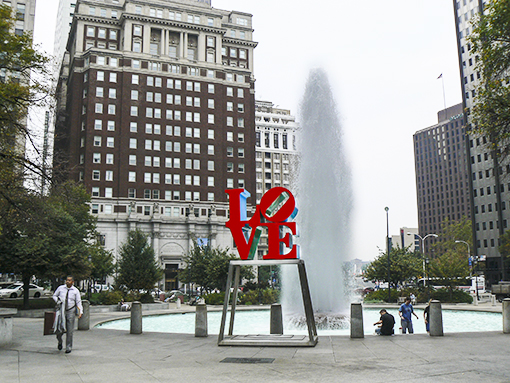 The second reading on Sunday, the 22nd in Ordinary Time, reminds of a key and ever-challenging truth of Christian discipleship.
The second reading on Sunday, the 22nd in Ordinary Time, reminds of a key and ever-challenging truth of Christian discipleship.
It is all that is good, everything that is perfect, which is given us from above; it comes down from the Father of all light; with him there is no such thing as alteration, no shadow of a change. By his own choice he made us his children by the message of the truth so that we should be a sort of first-fruits of all that he had created. So do away with all the impurities and bad habits that are still left in you – accept and submit to the word which has been planted in you and can save your souls. But you must do what the word tells you, and not just listen to it and deceive yourselves.
Pure, unspoilt religion, in the eyes of God our Father is this: coming to the help of orphans and widows when they need it, and keeping oneself uncontaminated by the world.
James 1:17-18,21-22,27
Again and again it is affirmed that what authenticates faith is love in action.
Law, sacraments, devotions all have their proper role in the life of faith. But without love they are without purpose, they do not fulfil their purpose. Without love they can even become toxic to the good life, the life of God in his beloved people.
The principle of cooperation with God who is love is paramount in faithful living.
- Where do I lack love today?
- Why?
- Where do I need love today?
- Why?
Philadelphia. (c)2007, Allen Morris.
